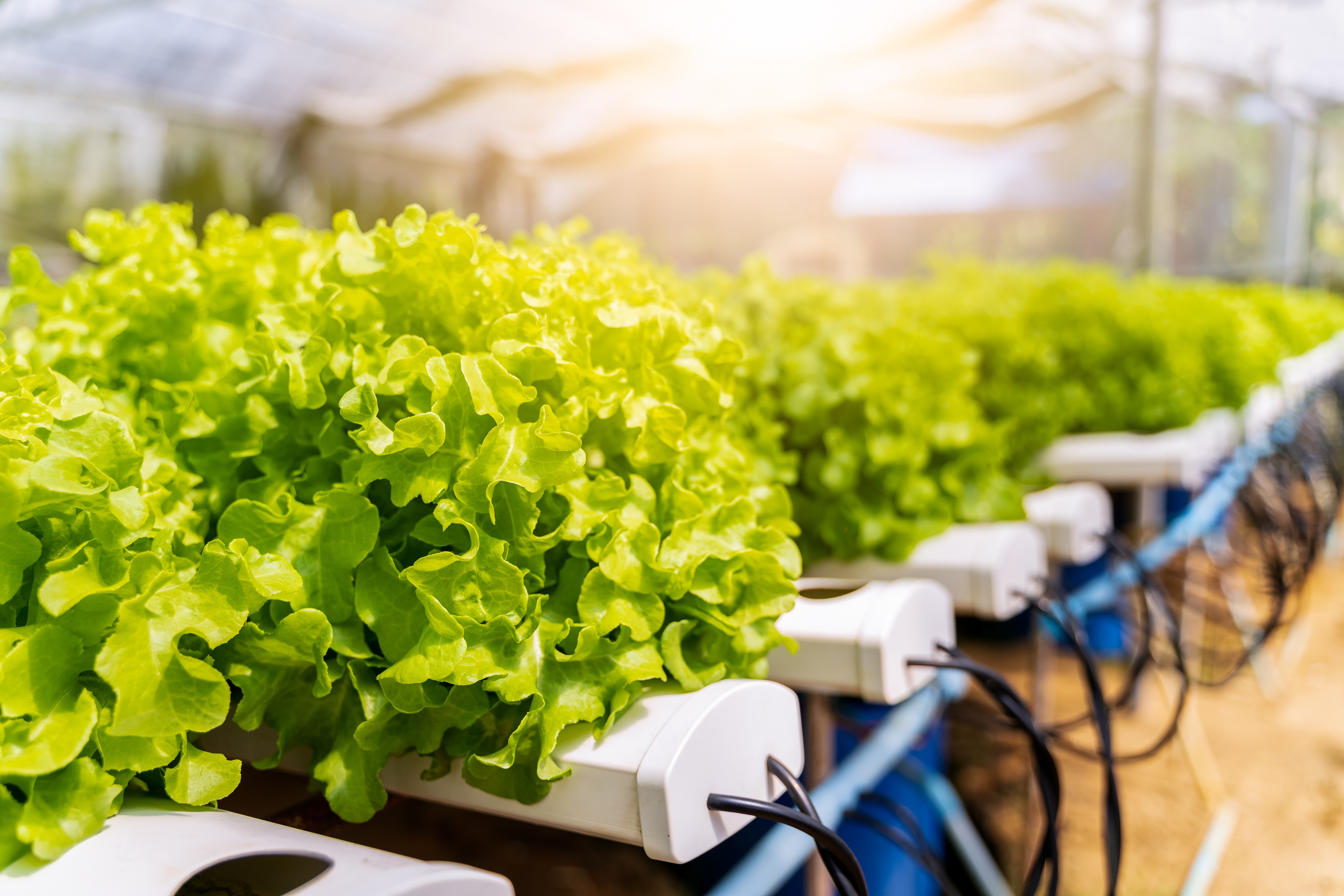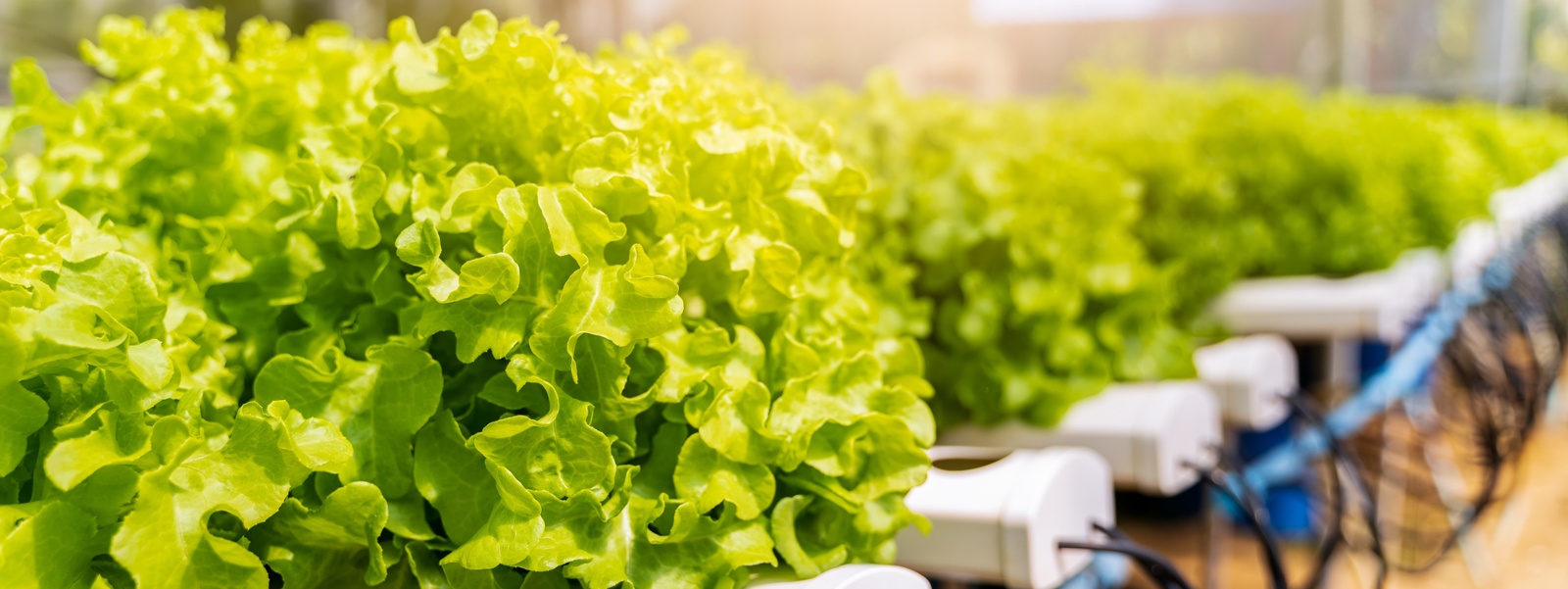Courts: Crops not grown in soil can be sold as organic


By Ching Lee
An ongoing debate within the organic farming community is anything but settled after two legal battles in which courts sided with the U.S. Department of Agriculture that crops grown in hydroponic systems can be certified organic.
The Ninth Circuit Court of Appeals last month upheld a district court ruling that allows crops grown hydroponically to be labeled and sold as organic. The decision affirms what USDA has repeatedly clarified: that hydroponic systems, which use water as the growing medium, are eligible for organic certification.
Legal rulings aside, the fight over what some farmers believe is the heart and soul of organic farming rages on.
“It’s been one of the hardest issues I’ve seen in my career at CCOF,” said Kelly Damewood, CEO of the Santa Cruz-based organic certifier California Certified Organic Farmers.
Some organic farmers believe that soil is essential to organic farming and that hydroponic crops cannot be organic because they are not grown in soil. They further contend that hydroponic production does not build soil health, the hallmark of organic farming.
“Organic agriculture is based upon the age-old conversation between the plant and the soil and microbiology,” Yolo County organic farmer Jim Durst said. “It’s something that cannot be replicated in a watering system.”
Durst is part of a group of organic farmers and stakeholders represented by the Center for Food Safety, which sued USDA after the department refused to issue new regulations prohibiting organic certification of hydroponic farms. CFS points to language in the Organic Foods Production Act that requires all organic farms to “foster soil fertility” through practices such as proper tillage, crop rotation and use of manure.
USDA has said the soil fertility provision applies only if crops are grown in soil. The courts agreed.
Sylvia Wu, CFS’s senior and managing attorney, said the group is exploring its legal options. She said CFS disagrees with USDA’s position “that hydroponic crop productions are exempt from the soil fertility requirements simply because they do not use soil.”
Durst said he takes issue with how “the spirit of the law was being rewritten to accommodate businesses that came late” to organic, which he said reflects specific farming practices “that we spent many years trying to write into this law.” He stressed that he’s not against hydroponics and other alternative farming systems, but “call it what it is.” Referring to soil-less farming systems as organic, he said, compromises the “integrity of the word.”
Karen Archipley, who farms hydroponic vegetables in San Diego County, said she has followed the USDA National Organic Program since the day she and her husband Colin established their farm Archi’s Acres 17 years ago. The farm teaches sustainable organic agriculture to active-duty military, veterans and civilians, some of whom have built their own certified organic hydroponic farms.
With the scarcity and high cost of water in her region, Archipley said the hydroponic method of growing food allows her to use one-tenth of the water that soil farmers use while producing three to five times the crop without the use of chemicals.
“We follow the soil food web like everybody else,” she said. “Organic is growing with integrity. We are truly sustainable organic farmers.”
She called the controversy about whether hydroponic can be organic “childish” and “poor sportsmanship,” and said she thinks it’s just “a few people that are worried about their market share.”
Alameda County farmer Ron Mitchell has been growing hydroponically for 40 years. Before he retired from production farming, he operated Berkeley-based Local Greens, a hydroponic farm that grew microgreens in jute, a fiber used to make burlap, and water enriched with worm castings. He said his system created “a perfect environment” for crops with “no bugs ever.” He never needed to use pesticides and herbicides.
Mitchell now works for Chicago-based Clayco, which builds vertical farms and greenhouses. He said he thinks those who claim his method of farming does not deserve organic certification just don’t want competition.
“That’s the real argument,” he said. “Well, sorry, but that’s a reality in life, is that somebody’s going to grow something quicker and cleaner and tastier in an organic way.”
But Damewood of CCOF said she doesn’t think people who want to remove hydroponic from organic are solely worried about competition.
“In my experience, they’re really steadfast defenders of organic principles, and they’re courageously standing up for what they believe in,” she said.
Debate about hydroponics—and more broadly container and other novel production systems—has percolated within the organic community for decades, Damewood said. She noted CCOF has certified these systems for decades because there had never been express prohibition from USDA. With proliferation of these farms in more recent years, people took notice, she said, and wondered why they’re allowed to be certified.
What CCOF struggled with, she said, was “the idea of kicking out members of our community, folks who we had been certifying, who we knew believed and strived to uphold the organic standards.” At the same time, she said the organization also “completely understood the concerns and frustrations of folks who didn’t want hydroponic systems in organic.”
One of the key challenges in the debate, she said, is that people have different opinions about what hydroponic means. While most people may think of hydroponic as an indoor system with roots in water and plants grown under artificial light, she said water-based methods remain “pretty rare” in organic production. Hydroponic encompasses “a whole spectrum of production,” she said, with farms using different kinds of substrate. Mushrooms, sprouts and transplants, for example, are all widely accepted forms of production, she noted.
CCOF has advocated for labeling of crops produced using these systems, she said, as that would allow the certifier to “still be inclusive but support the transparency that consumers deserve.” But she said farmers on both sides of the issue have mixed feelings about it. Some already label their products “hydro-organic.” Pro-soil farmers feel such a label is an oxymoron. Others don’t want another label requirement.
“At the end of the day, we’re working towards a world where organic is the norm and want to welcome a lot of different types and scales and increase the diversity of folks who are able to grow and sell organically,” Damewood said. “We believe there’s room for them in the movement.”
(Ching Lee is an assistant editor of Ag Alert. She may be contacted at clee@cfbf.com.)




